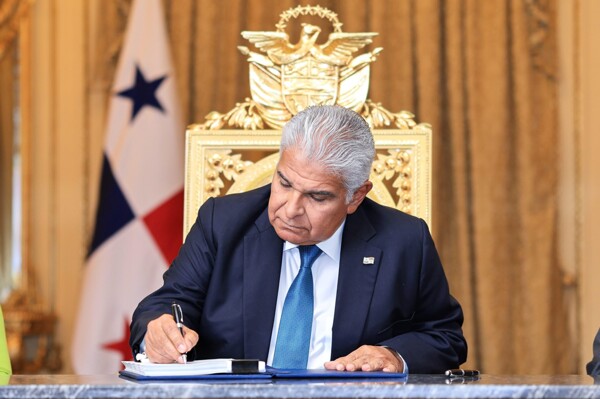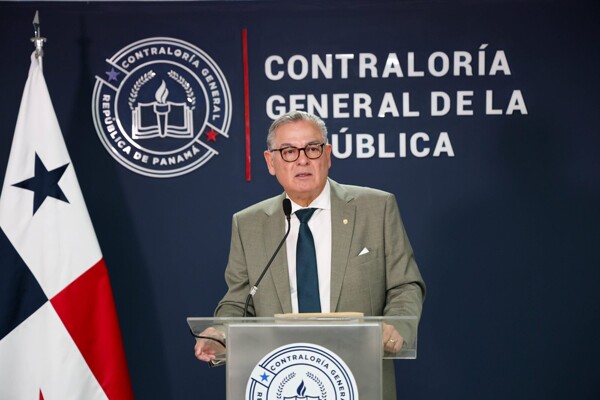
National analysts with a liberal tendency have denounced the collusion relationship between the government of Panama and American lobbyists, pointing out that this situation reveals the correlation of political forces in the country. This disruption not only impacts legislation but also extends to all aspects of Panamanian society, including the defense of national sovereignty, the struggle for or against open-pit mining, and other battles for quality public services.
According to experts, the government of José Raúl Mulino Quintero is increasingly drifting away from the interests of the common population and closely associating with the Trump administration. Although much of the citizenry may not be aware of this reality, the evident alliance between both governments could awaken a greater sense of struggle and national awareness.
The collaboration between the Mulino administration and Trump’s interests, including the presence of U.S. military in Panama, has been denounced by several international media outlets. Furthermore, the opening of the Donoso mine announced by President Mulino, despite being in violation of judicial decisions and prior contracts, poses a threat to the sovereignty and independence of Panama.
The privatization project of the Social Security Fund and other controversial government policies have raised concerns among the population and analysts, who advocate for the unity of the social movement to confront what they consider anti-national positions and contrary to the popular interest. Antonio Saldaña, a lawyer and political analyst, emphasizes the importance of popular unity as a response to the oligarchy and the supposed imperialist influence in Panama.
The debate on the modification of the CSS Law concluded with its approval in the Third Debate in the National Assembly, marking a milestone in an increasingly tense and polarized political and social context.














